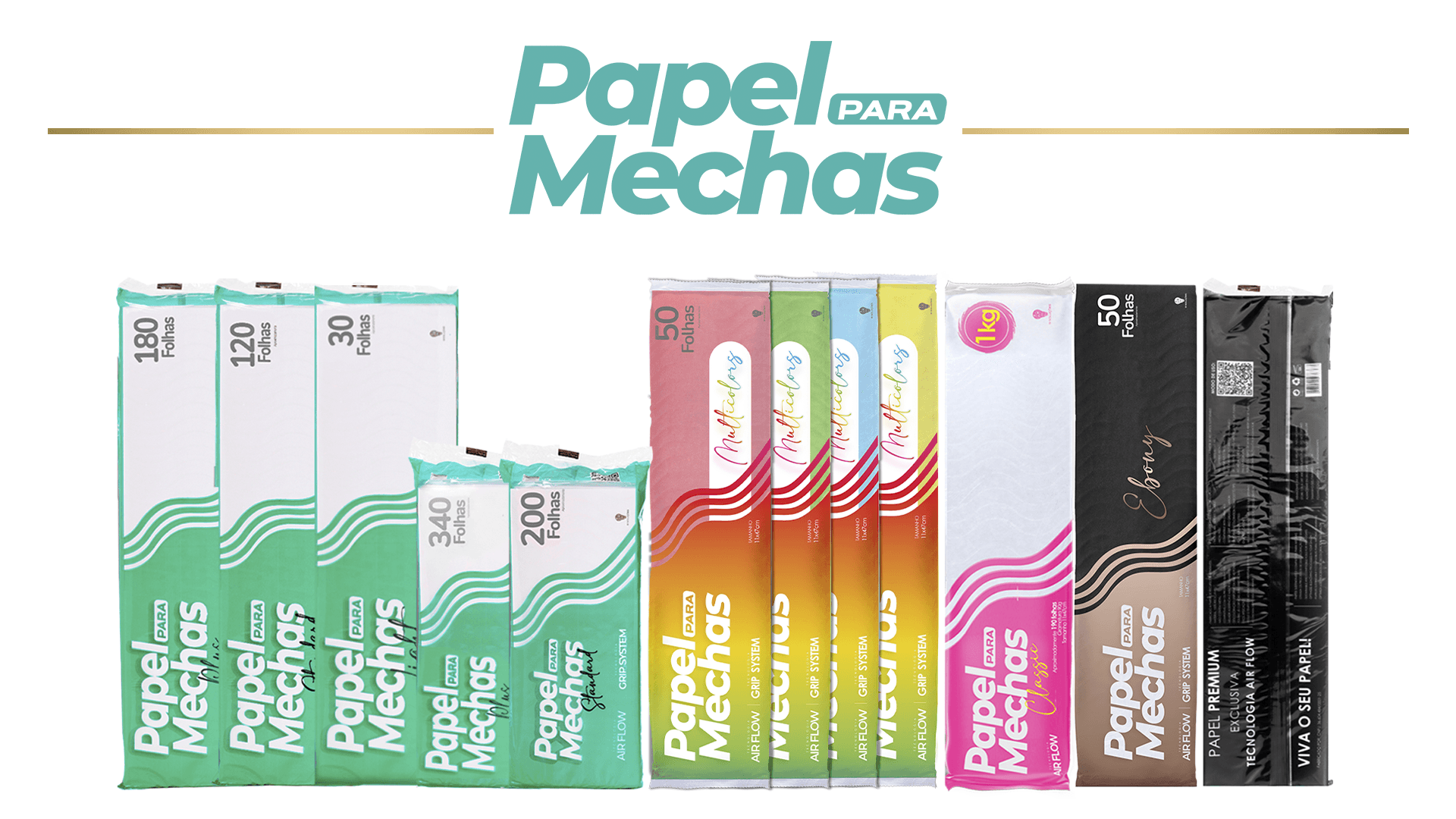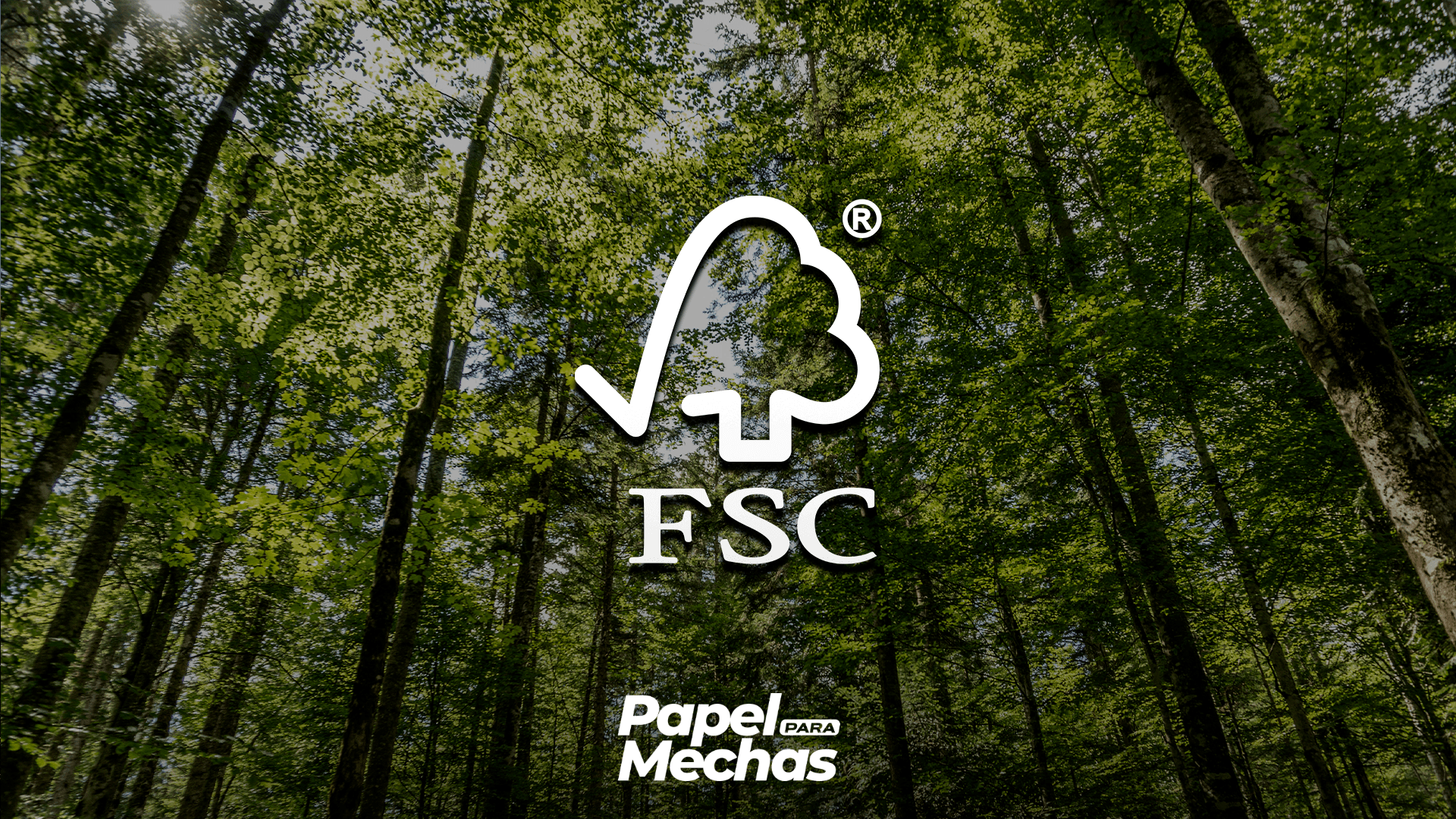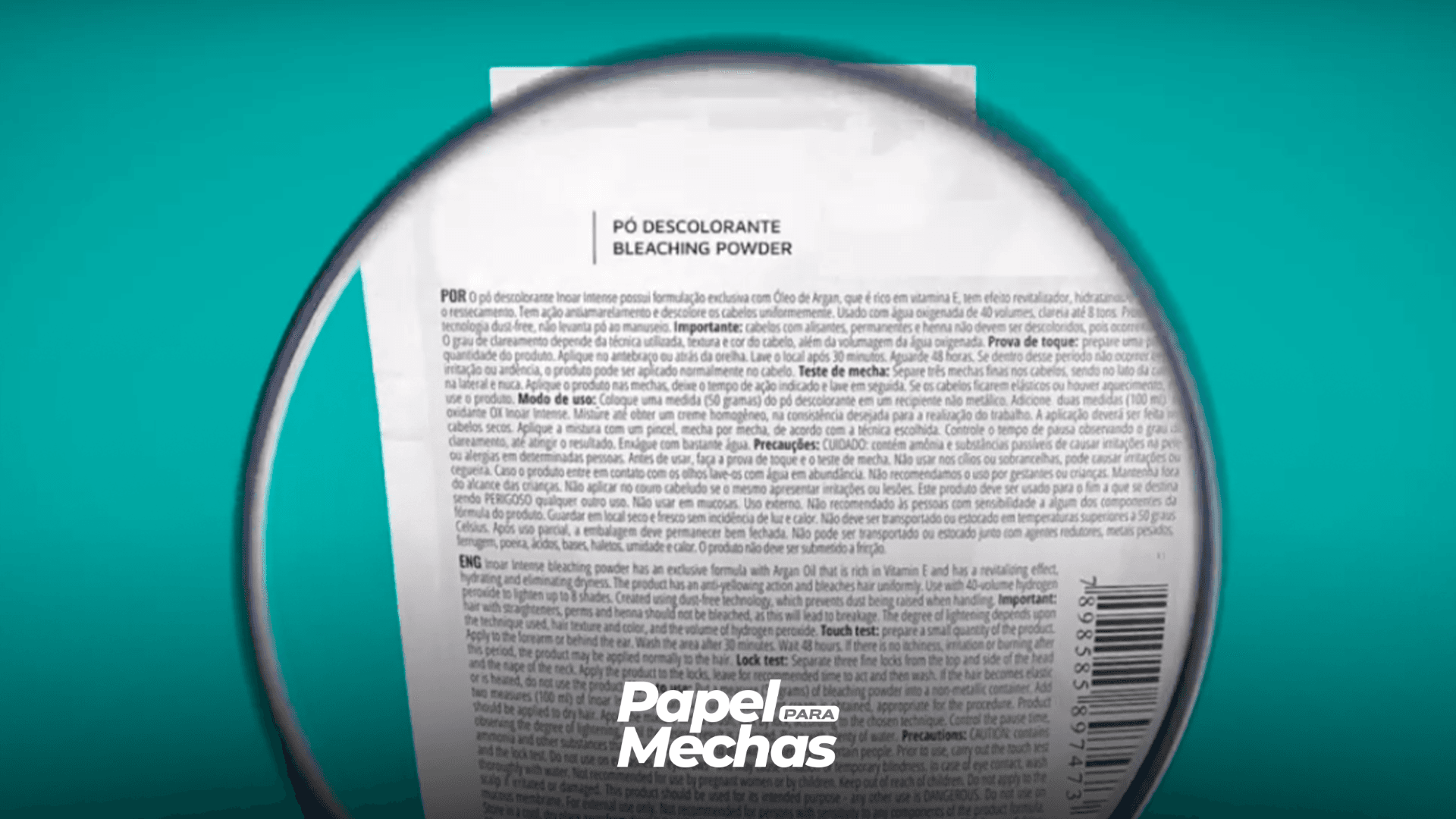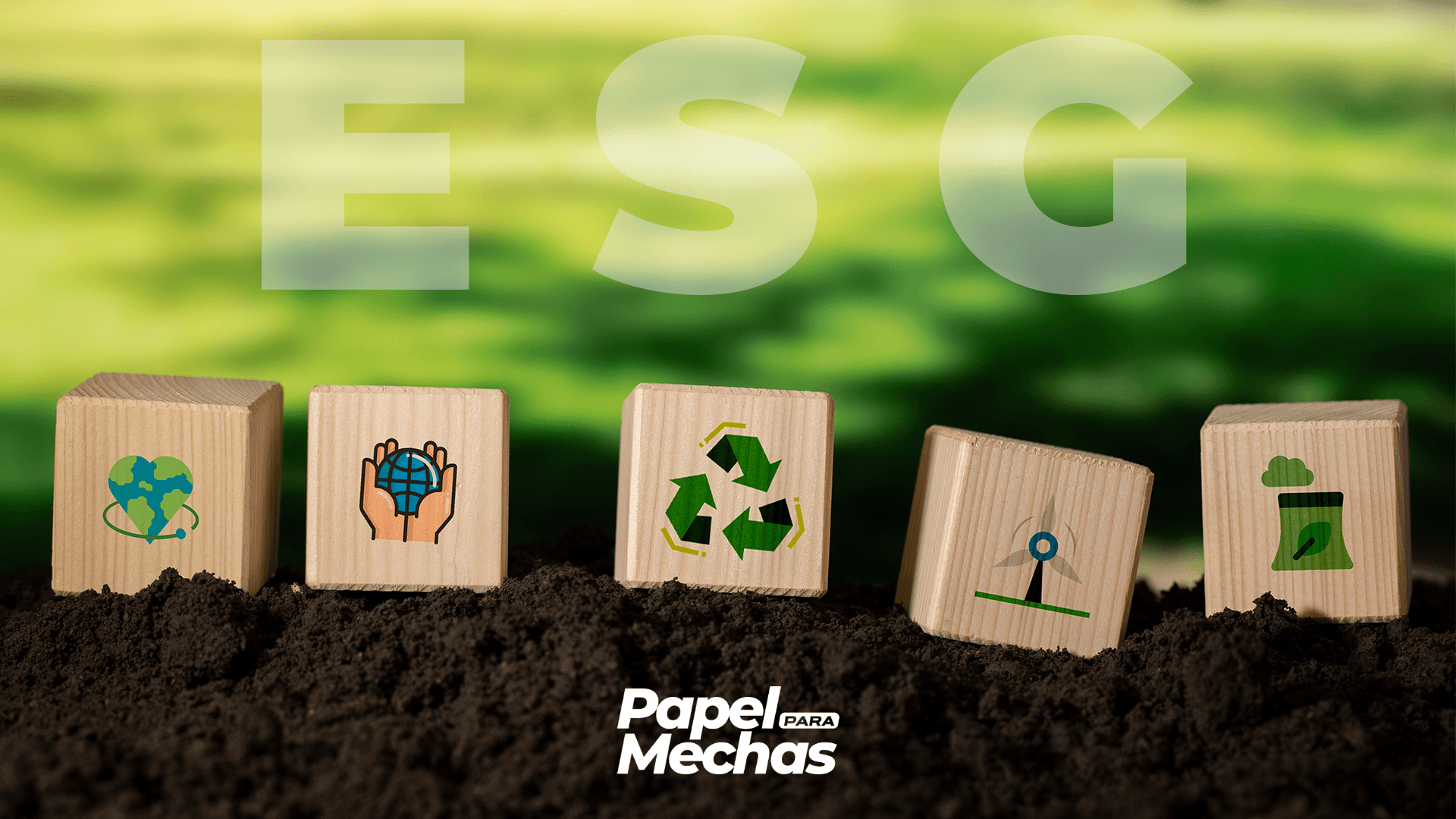-
What is FSC?
FSC is an acronym in English for the term Forest Stewardship Council. It is a nonprofit international organization based in Bonn, Germany, which promotes responsible and sustainable forest management, thus ensuring that the origin of the wood did not degrade the environment.
-
How did FSC originate?
In 1990: Representatives from environmental organizations, timber companies, and indigenous peoples gathered in Toronto, Canada, to discuss the need for a sustainable approach to forest management, and thus created an agreement on the principles and criteria that should guide forest certification.
The first certified forests emerged in Brazil.
In 2001: Officially present in Brazil.
-
What are the advantages of wood and forest certification?
The main objective of FSC is to encourage forest conservation.
Certification is a guarantee of the origin of the wood, allowing conscientious consumers to choose a product that does not harm the environment and can contribute to the social and economic development of communities living in forest regions.
Some of the advantages of FSC Certification:
Forest Conservation: FSC ensures that they come from managed forests, protecting biodiversity, conserving ecosystems, and preserving natural habitats.
Sustainable Use of Resources: FSC ensures that only an adequate amount of trees is harvested, allowing forests to regenerate naturally. This contributes to the long-term preservation of natural resources.
Social Benefits: FSC criteria ensure respect for workers' rights, workplace safety, benefits for local communities, and dialogue with indigenous peoples, promoting fair and equitable relationships among all parties involved.
Credibility and Transparency: FSC certification is internationally recognized and has a traceability system, meaning that it is possible to trace the origin of certified forest products. This provides consumers with confidence that they are purchasing products from responsible and sustainable sources.
Encouragement of the Sustainable Products Market: FSC promotes a market for sustainable forest products, encouraging companies and consumers to choose certified products. This creates a virtuous cycle where demand for responsible products increases, encouraging more companies to adopt sustainable practices.
In summary, the advantages of FSC include forest conservation, sustainable use of resources, social benefits, credibility and transparency, as well as the encouragement of the sustainable products market, among others.
"Be the change you want to see in the world," Mahatma Gandhi.
 i9 with us and see you in the next content!
i9 with us and see you in the next content!
Filters
Highlights


Ebony Papel para Mechas

SUSTAINABLE BEAUTY, STAY UPDATED ON THIS MOVEMENT! - PART 2

FSC - AN INTERNATIONAL CERTIFICATION.

CHEMICAL POLLUTION, THE PLANET'S GREAT VILLAIN!

THE DANGERS OF ALUMINUM FOR OUR HEALTH.

HAIR HIGHLIGHTS: PAPER CHOICE DETERMINES HAIR HEALTH.

6 ESSENTIAL TIPS TO AVOID CHEMICAL DAMAGE TO YOUR HAIR.

ATTENTION TO LABELS!
